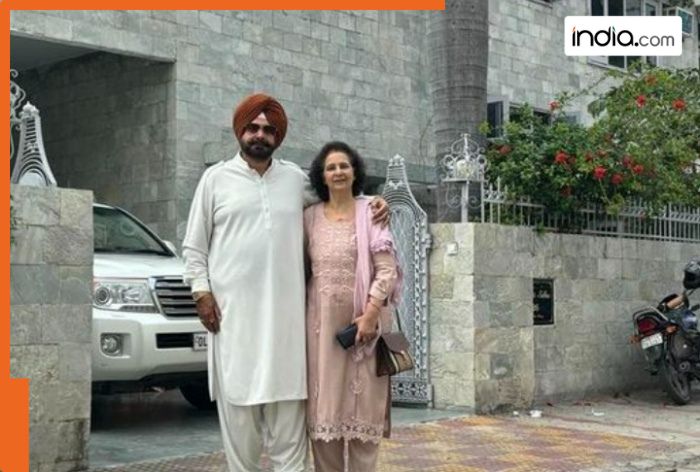 |
|
The recent announcement of Navjot Kaur Sidhu's recovery from stage 4 cancer has sparked considerable interest and debate regarding the role of diet in cancer treatment. Navjot Singh Sidhu, her husband, publicly attributed her remission to a strict dietary regimen, including specific foods and timings, alongside lifestyle changes. This narrative raises crucial questions about the efficacy of alternative therapies versus conventional medical approaches in combating cancer. While the Sidhu family's experience is undeniably inspiring, it's essential to critically examine the claims and avoid drawing overly simplistic conclusions about cancer treatment based on a single case study. The detailed dietary plan outlined included a focus on alkaline foods like lemon water, turmeric, apple cider vinegar, neem and tulsi leaves, various citrus fruits and juices (pumpkin, pomegranate, amla, beetroot), and walnuts. The inclusion of berries was also highlighted for their purported anti-cancer properties. Spices such as cinnamon, black pepper, cloves, jaggery, and cardamom were part of her morning tea routine. The timings were also strict, with dinner before 6:30 pm and breakfast at 10 am. Cooked meals involved anti-inflammatory and anti-cancer foods, prepared using coconut oil, cold-pressed oils, or almond oil. Maintaining a pH balance of 7 in her drinking water was also mentioned as a crucial component.
The narrative emphasizes the role of discipline and a strict diet in Kaur Sidhu's recovery. However, it's critical to understand the limitations of such a narrative. While a healthy diet undeniably plays a significant role in overall health and may contribute to a better quality of life for cancer patients, it is crucial to remember that the efficacy of this approach cannot be generalized to all cancer cases. The success of any cancer treatment, including dietary interventions, depends on a multitude of factors, including the type and stage of cancer, the patient's overall health, and their response to treatment. Moreover, anecdotal evidence like Kaur Sidhu's case, while encouraging, cannot replace rigorous scientific research and clinical trials. It's highly plausible that her successful battle against cancer involved a combination of factors extending beyond just the dietary regimen, potentially including traditional medical interventions.
Medical experts overwhelmingly emphasize the necessity of a holistic approach to cancer treatment, which typically includes chemotherapy, radiation therapy, surgery, or targeted therapies, depending on the type and stage of the disease. While a balanced, healthy diet is highly recommended for cancer patients to manage side effects, maintain strength, and boost their immune systems, it is not a substitute for conventional medical treatment. Dr. Puneet Gupta, Chairman of Oncology at Asian Hospital, explicitly stated that cancer cannot be cured by diet alone. He highlighted the importance of dietary interventions to combat the side effects of cancer treatment, such as anemia, weight loss, and electrolyte imbalances. This reinforces the critical need for a patient to follow their physician's recommendations and undergo appropriate medical evaluations rather than relying solely on alternative methods.
The case of Navjot Kaur Sidhu should be viewed as a testament to the importance of maintaining a healthy lifestyle and its potential contribution to overall well-being, particularly during challenging health situations. However, it is crucial to avoid misinterpreting this individual experience as a universally applicable cure for cancer. The promotion of any single dietary regimen as a definitive cancer treatment is irresponsible and potentially harmful. Individuals facing cancer should always consult with oncologists and other healthcare professionals to develop a personalized treatment plan that incorporates evidence-based medical interventions and supportive care strategies, including nutritional guidance. Relying solely on anecdotal evidence can be detrimental and may delay or interfere with effective treatment, ultimately jeopardizing the patient's health and chances of recovery.
